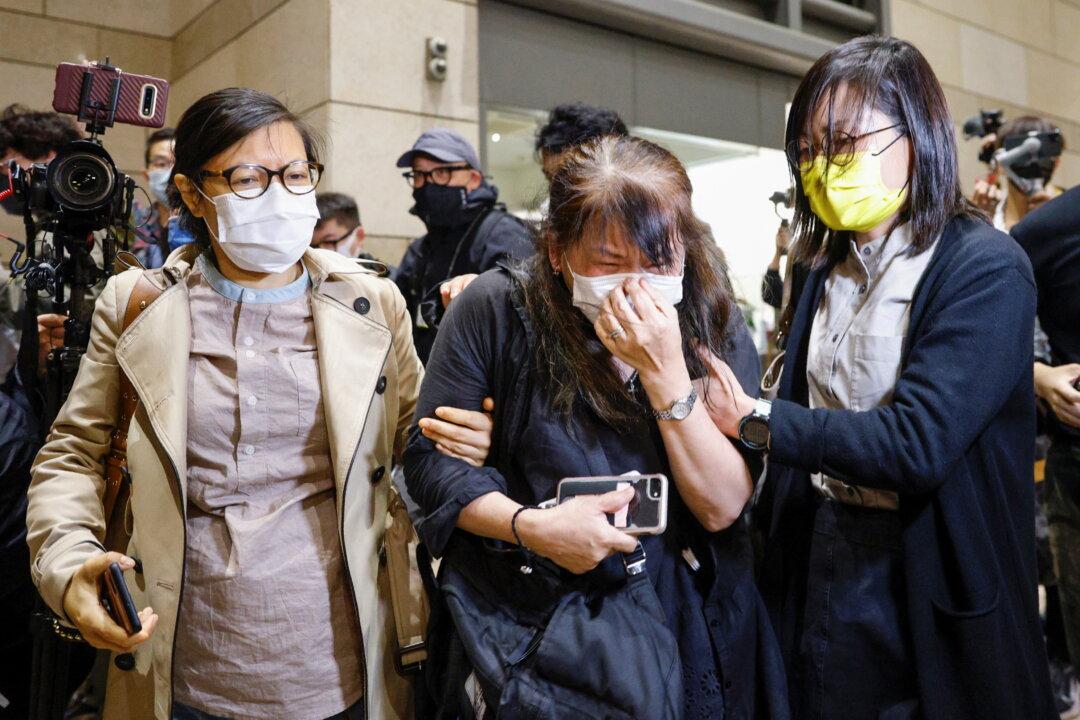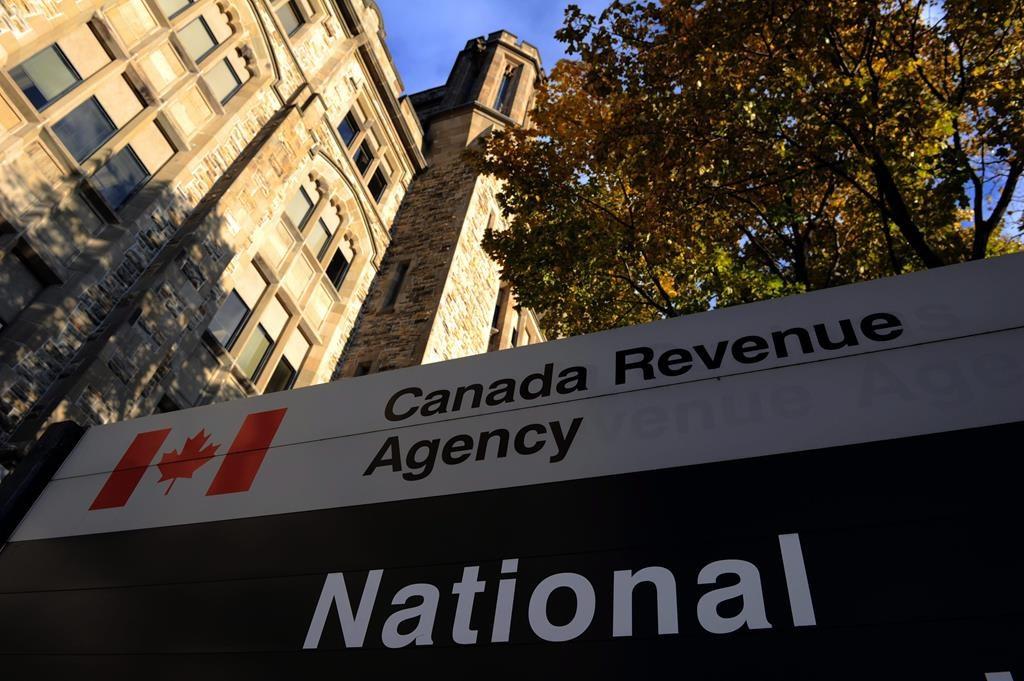TORONTO—Canadian impressions of China have suffered a sharp decline in the wake of recent tensions between the two countries, according to a new poll.
Conducted for The Globe and Mail by Nanos Research in late July, the poll found that an overwhelming 90 percent of Canadians responded that they had a “negative” or “somewhat negative” impression of Chinese leader Xi Jinping and his country.




